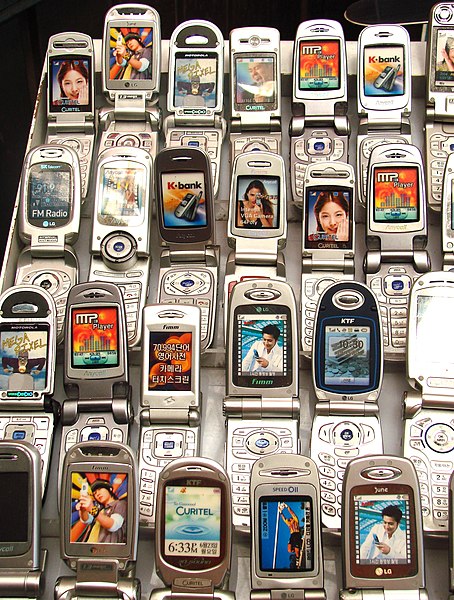 People have often criticized me (rather, attacked me) in regards to sustainability and free enterprise. Take, for example, oil. If we all stopped driving and embraced solar energy and foot-power, what would happen to the employees of oil companies? They'd be out of jobs and a major pillar of our economy would collapse. Valid point. One rebuttal is the idea of adaption. Companies that have proven to be successful are able to adapt the changing times. They are willing to embrace new concepts and implement them.
People have often criticized me (rather, attacked me) in regards to sustainability and free enterprise. Take, for example, oil. If we all stopped driving and embraced solar energy and foot-power, what would happen to the employees of oil companies? They'd be out of jobs and a major pillar of our economy would collapse. Valid point. One rebuttal is the idea of adaption. Companies that have proven to be successful are able to adapt the changing times. They are willing to embrace new concepts and implement them.Adaption and evolution of companies is the central idea in the book Cradle to Cradle: Remaking the Way We Make Things. William McDonough and Michael Braungart suggest that we can maintain our current lifestyle with no ill consequences, given a little ingenuity. The book revolves around encouraging companies to consider the entire life of a product, from conception to consumer use to disposal to rebirth. They provide many tangible examples of companies that have embraced sustainable techniques, helped improve the environment, and saved money. One example is the waste water of a textile company. Initially, they were heavily polluting the surrounding environment with toxic chemicals from their dying process. After some careful thought and upgrades, their waste water is now as clean as or cleaner than the water that flows into the plant.
I found the book to be particularly refreshing. McDonough and Braungart reject the idea of choosing the least harmful alternative, rather they seek to find truly good solutions. They insist that recycling as we know it now is actually a bad thing. Even the "paper" of which the book is printed is unique. I urge you to read it to find out what I'm talking about. And don't forgot some of my favorite ways to get books!






